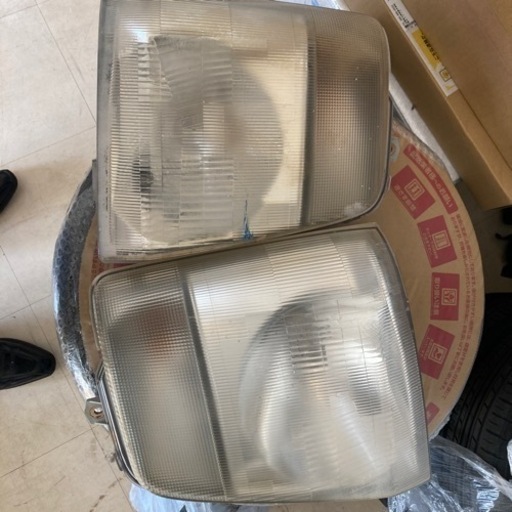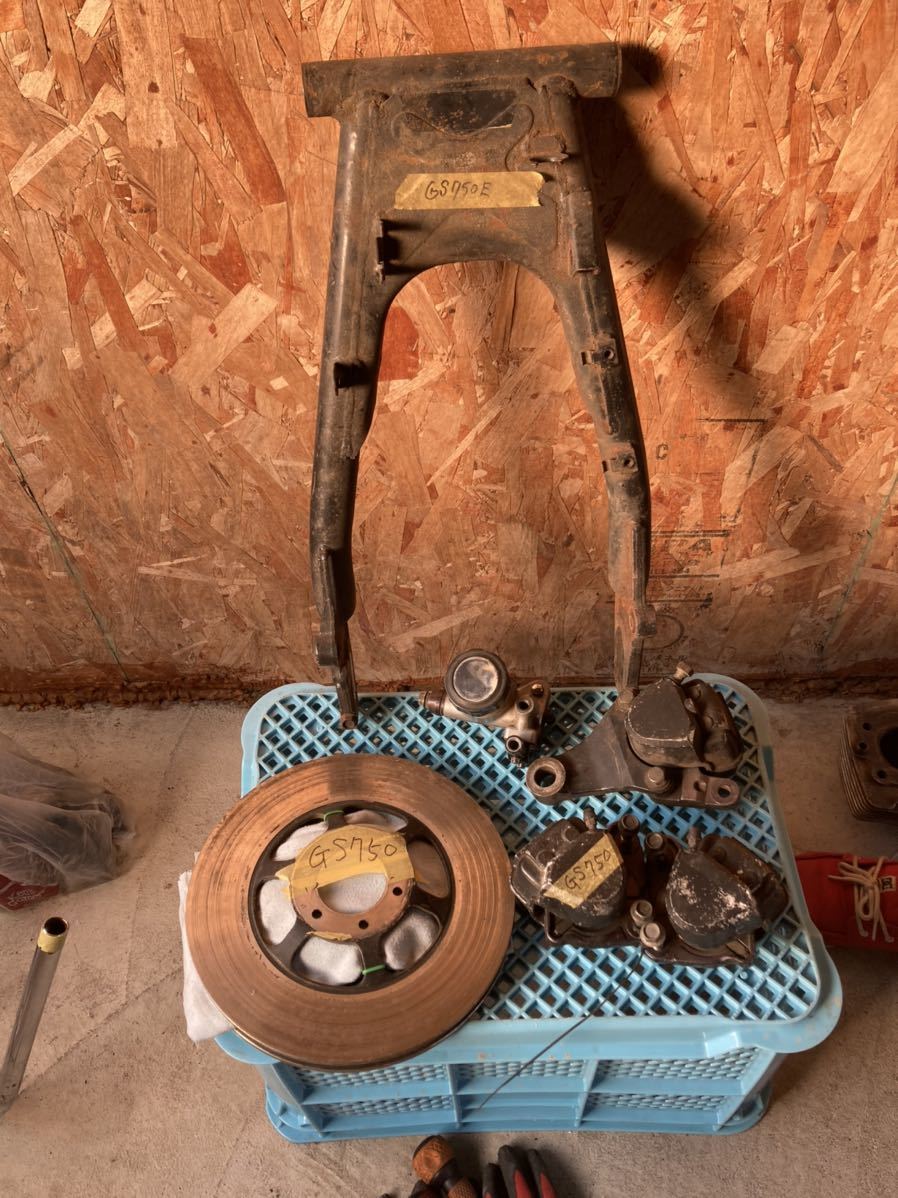
新入荷再入荷
スティード SUキャブレター
 タイムセール
タイムセール
終了まで
00
00
00
999円以上お買上げで送料無料(※)
999円以上お買上げで代引き手数料無料
999円以上お買上げで代引き手数料無料
通販と店舗では販売価格や税表示が異なる場合がございます。また店頭ではすでに品切れの場合もございます。予めご了承ください。
商品詳細情報
| 管理番号 | 新品 :27047556 | 発売日 | 2025/01/18 | 定価 | 55,000円 | 型番 | 27047556 | ||
|---|---|---|---|---|---|---|---|---|---|
| カテゴリ | |||||||||
スティード SUキャブレター
品物は画像で判断してくださいスティードに装着していたSUキャブレターになりますキャブレターOH済みですグリスUP、マシン油ジェットの精密機器での衛生済み純正キャブを外されてSUキャブを装着されて燃料ホースを繋がれてセルを回していただけたらエンジンはかかります純正キャブとくらべてキャブのスケールが違うので装着の迫力、排気音最高ですマニホールドもスティード専用設計物ですからポン着けになります付属品は全てついてます後はお手持ちのスロットルワイヤーと燃料ホースを繋ぐだけで大丈夫ですサービスで画像に写るSUエアクリもつけます悪魔でもになりますので御理解ができる方のみ購入を宜しくお願いします値引き致しません込み致しません専用致しません取り置き致しません返金返品も致しません





























